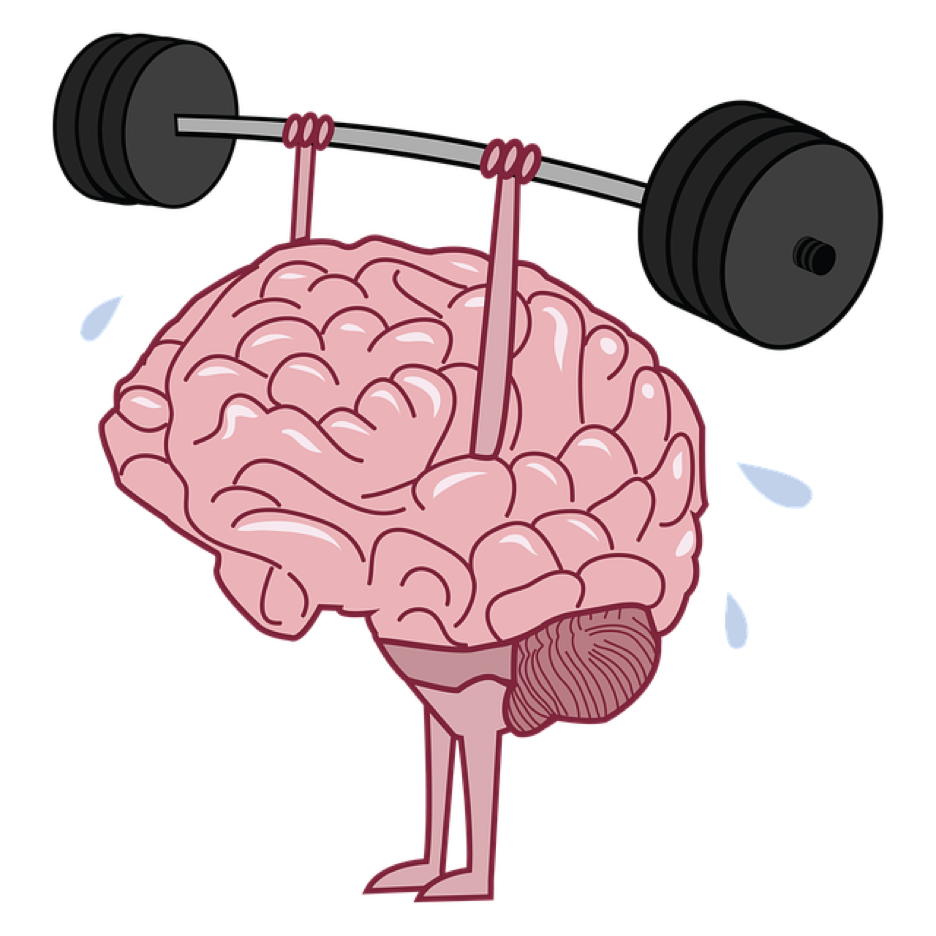Men need more effective communication, perhaps an open forum with informed conversations where they can discuss facts about mental health and move away from the stereotypes that has constantly plagued them.
Despite mental health garnering attention over the last several years, men struggle to lead the conversation. Many misconceptions and stigma surround men and mental health and lead to hesitation as far as them seeking support in the industry.
Men find this tied to the public’s outdated view on gender roles and an outdated view on masculinity. Many boys are raised up with the idea that “boys don’t cry” and they need to “man up” when things get tough. Instead of being encouraged to feel their emotions and share what’s bothering them, their fragilities.
Only by understanding the misconceptions and recognizing the myths, can you promote a healthier attitude toward a society where being unable to do so is seen as a personal weakness.
Men’s Counselling Vancouver for mental health continues to be a subject that flies under the radar with much stigma surrounding the disorders and seeking counselling. Much needs to be understood before we become a society with healthy attitudes that deem working on yourself as a sign of strength.
Consider the Myths About Men and Mental Health
The following consist of misconceptions and myths that many vehemently believe about men and mental health concerns. Unfortunately, too often boys are raised under these fallacies, causing them to deprive themselves of counselling they may need as adults.
Consider the following myths concerning men’s mental health so that you can help eliminate the misconceptions in the future.
- Men are incapable of taking care of their own needs
There’s a persistent myth that men are inherently less capable of caring for their general health and wellbeing. This myth doesn’t take into consideration that men have positive coping strategies when dealing with mental health issues or maintaining positive mental wellness.
This includes keeping busy, eating healthy, maintaining fitness, taking time away, rewarding themselves like massage in Vancouver, resorting to humor, and helping others. While women may seek support more readily, men have been increasingly doing so.
The industry has been promoting awareness in men’s mental wellness, encouraging them to speak openly about issues they’re experiencing and helping them to seek help promptly.
- Ignoring men’s mental health concerns
Ignoring an issue won’t make it disappear. You can likely remember a time when you had another health concern but delayed a visit to your practitioner because it seemed like something you could deal with for right now, it wasn’t that bad. It seemed as if the pain went away sometimes.
However, when you finally made the doctor appt and went to the first visit, it suddenly seemed much worse than you remembered. That’s almost always true with mental health concerns. Today’s society pressure men into believing that they need to suffer silently.
Most have the thought process that they need to tough it out. In fact, talk or psychotherapy has proven effective in improving emotional and physical wellbeing.
Roughly 75 percent of those seeking therapy report benefits from symptom relief to less medical issue and the potential for an increase in job satisfaction when getting the help they need.
- Alcohol helps men reveal their inner most feelings
The scenario of a group of men having a night out with a few drinks between them and engaging in deep honest conversations is pretty familiar. However, not many people are familiar with what might happen the next day.
Alcohol may temporarily lower your inhibitions, giving you a more relaxed and comfortable demeanor. However, these substances can also lead to bigger problems when they leave your system. Once it wears off, the withdrawal can significantly impact your brain and body.
Long-term and heavy use can produce chemical changes that affect neurotransmitter activity that can exacerbate feelings of depression, anger, and anxiety, the emotions you’re trying to eliminate in place.
- Men don’t struggle with body image
Most people are of the opinion that body image and eating disorders are solely issues that women struggle with. Research, however, paints quite a different perspective.
A number of men are affected by these issues and these problems have been increasingly persisting. NEDA – The National Eating Disorder Association puts men as one in three people suffering with an eating disorder.
- Searching for mental health care makes a man weak
Among the most damaging myths associated with men and mental illness is that seeking help is a sign of failure or weakness. Society has carved a path that leaves no room for emotional expression or vulnerability which conflicts with the mold they have for men.
Go here to learn the unique challenges faced by men with mental health issues and their way forward.
Men are portrayed as unemotional and stoic. These “real men” are often discouraged from pursuing counselling, so what can we do as a society to discredit years of traditional masculinity beliefs?
That can be a long and challenging path that everyone needs to take part in. The priority is that everyone continues to bring up the discrepancies and reframe therapy as an opportunity to build a healthier, happier life and not a path to avoid.

